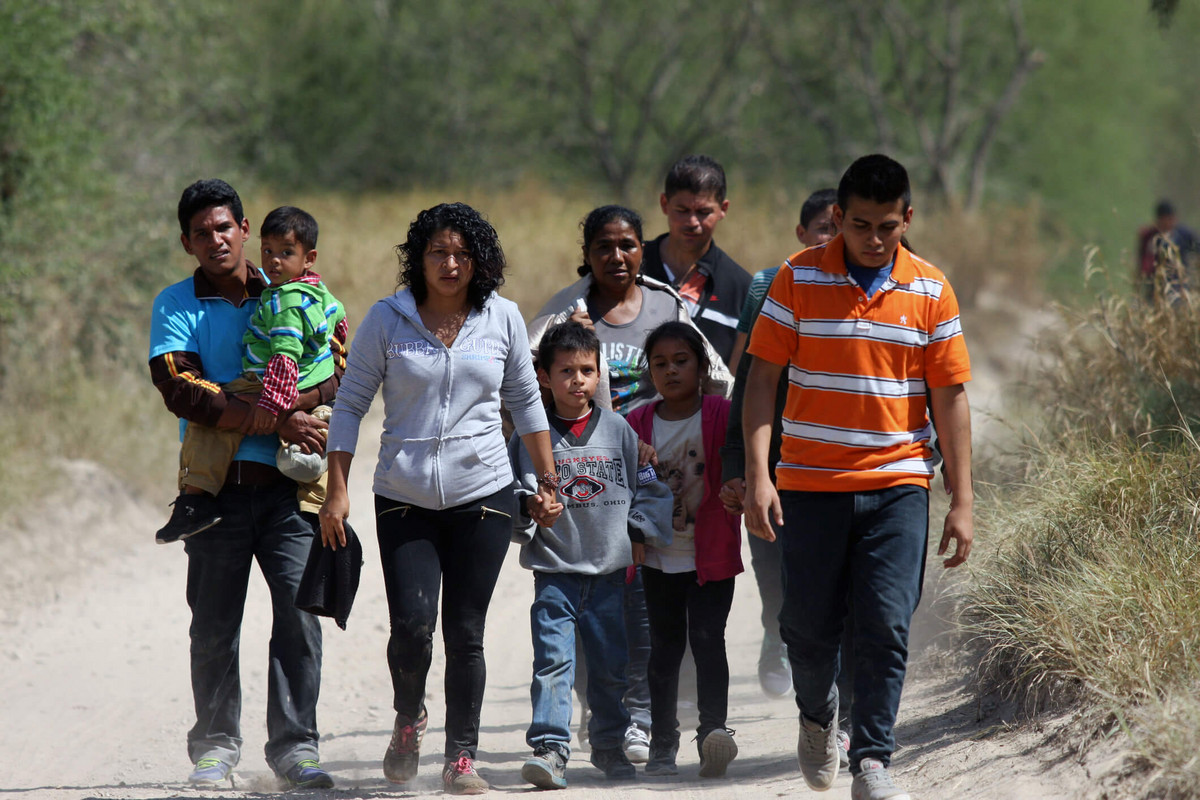For first-generation migrants, returning to Mexico means returning to a familiar world: they speak Spanish without an accent, are familiar with local customs and easily reintegrate into family and community networks.
“These returnees had grown up in Mexico and were regarded as full-fledged Mexicans,” said Canedo. “Their identity was not questioned.”
But this social capital did not translate into economic opportunities. Many of these migrants never obtained any formal qualifications and worked for years in low-skilled industries in the U.S., such as agriculture, construction, food services and food processing.
“Back in Mexico, their skills were primarily suited to low-paying jobs,” said Canedo. “But with an already abundant labour force and no prior work experience in Mexico, they rarely got hired.”
Those returning to their communities of origin found that their skills were even less aligned with local opportunities.
Cesar, a first-generation returnee who was deported after working in a food processing plant in the U.S. for 15 years, reported feeling completely lost.
“Like the saying goes: ‘You go north, and get disoriented [Te vas all norte y te norteas],” he said. “Well, that’s how one returns, like half lost, not knowing where you’re going. Yes, I’m here, maybe I brought a few dollars, but all that money runs out pretty fast, what am I going to do?”
In another common scenario, returning migrants had trained in jobs that simply don’t exist in Mexico.
“There was one returnee who had spent more than 15 years making fish hooks in the U.S.,” recalled Canedo. “But there’s no such industry in Mexico, so it was impossible for him to make use of his skills when he returned.”
Many try to start small businesses or enter the informal economy, but without institutional support or access to credit, they struggle to get back on their feet.
“After years of working hard in the U.S. and sending money back home, they return to Mexico only to find themselves without prospects,” Canedo said.
